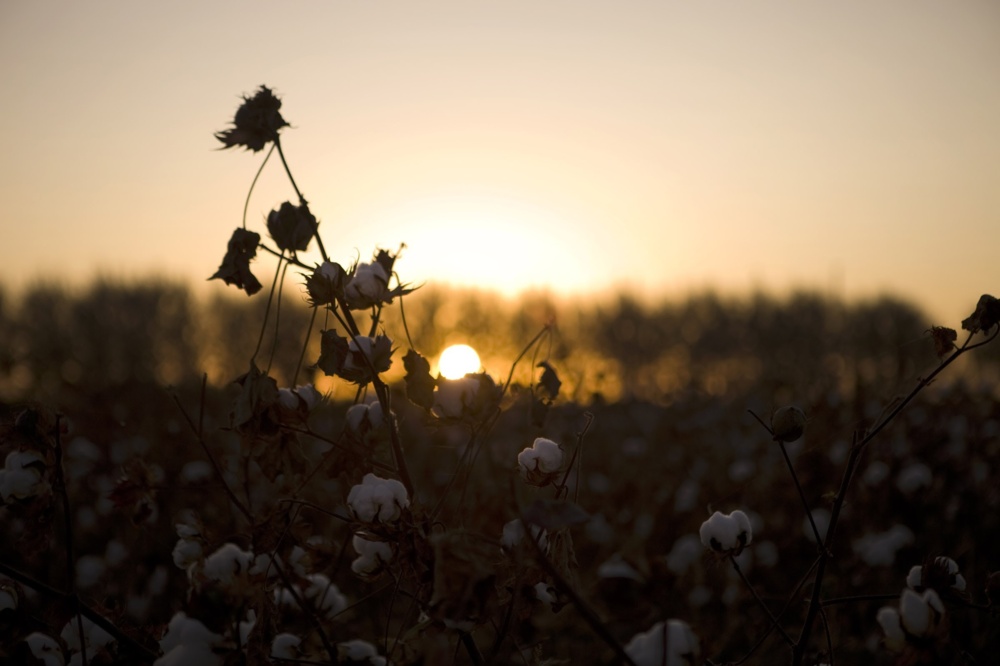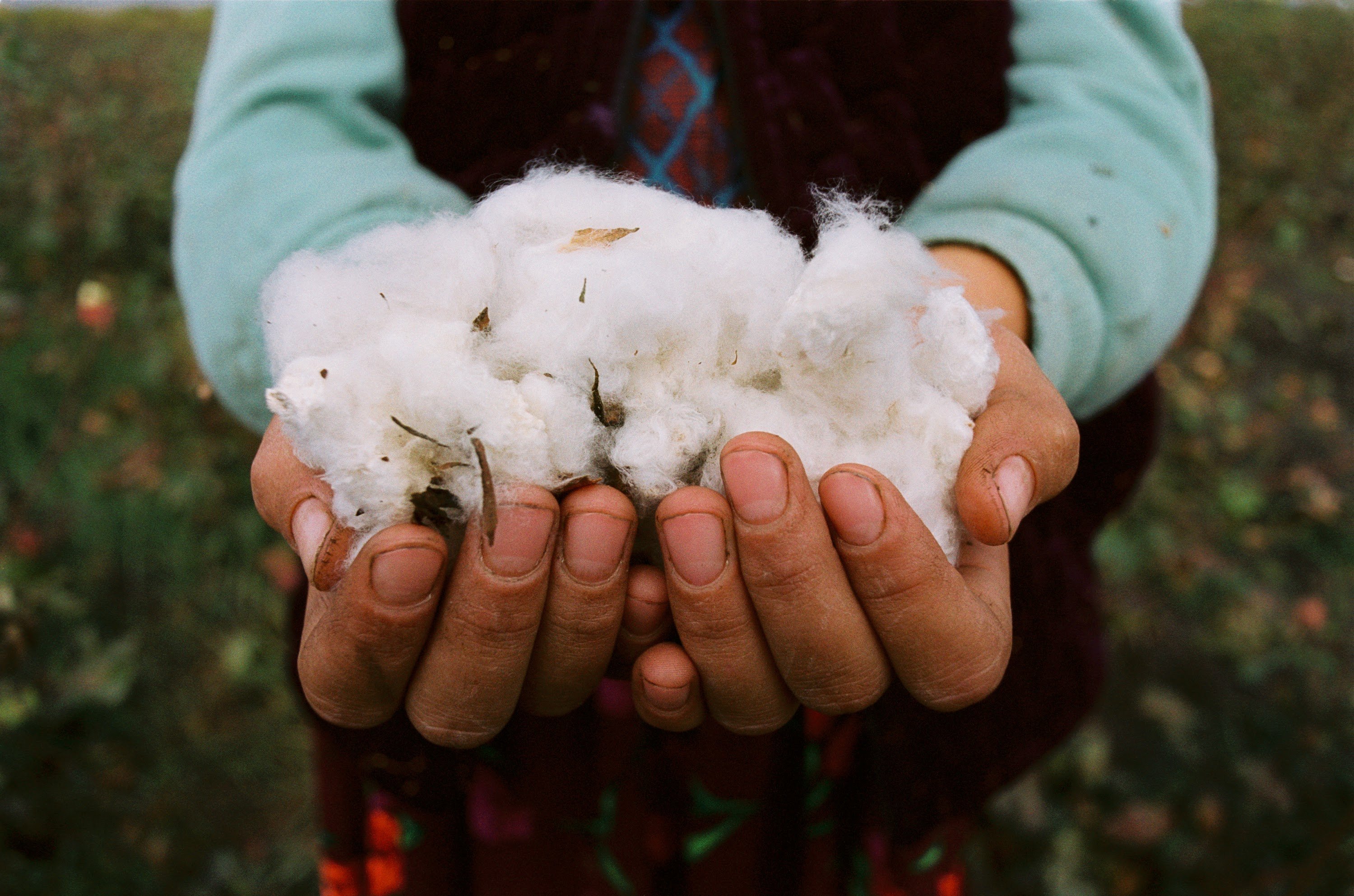
Retailers and governments must fight forced labour in Xinjiang
The cotton in your clothes may be produced by state-sponsored forced labour on an industrial scale. Reports of forced labour and cultural genocide in Western China’s cotton fields cannot be ignored by governments, the fashion industry or us.
Previously suspected but only recently confirmed, a supposed state-run poverty alleviation scheme next to vast detention camps in China is forcing hundreds of thousands of Uighurs and other ethnic minorities to pick cotton in the Xinjiang region. Cotton picking is back-breaking work and forcing people to carry it out as part of thinly disguised so-called “re-education” programmes is a crime. Governments, businesses and consumers must condemn this abuse of human rights and demand it stops – now.
Xinjiang, a major producer of cotton, provides 20% of the world’s entire supply. The region is also home to a large population of Uighurs – a mostly Muslim, Turkic ethnic group – and other traditionally Muslim groups.
The Chinese government’s contempt for the Uighur people has been widely documented, manifesting itself in the forced incarceration of Uighur’s in large-scale detention camps, concentration camps in effect, but described as re-education camps by the Chinese state.
Historic unrest and some incidences of violence in Xinjiang have been used by officials to justify the government’s brutal approach which has seen people ripped away from their homes and held against their will for arbitrary reasons: viewing religious content online, being related to a person living abroad or even simply refraining from drinking alcohol are all grounds for imprisonment.
Having detained at least one million mostly Muslim minorities, Xinjiang’s camps are the largest since World War II. Within them, propaganda, threats and torture are commonplace, intended to strip people of their cultural and religious identities, and to instil in them unswerving obedience to the Communist Party. Forced labour is a large part of this so-called re-education process: satellite images reveal sprawling prison-like complexes, many of which are adjacent to newly built factories that produce textiles and clothing.
All of this we already knew. However, recent investigations reveal that the scale of the problem is worse than initially thought. Mandated by the national work scheme, officials have been going door to door in rural parts of Xinjiang, forcefully enlisting swathes of people into factory and field work to pick and process cotton.
Official documents and media reports reveal that at least 570,000 minority workers a year are believed to be forced or coerced into seasonal cotton picking. Subjected to the same abuses experienced in the detention camps, religious or cultural expression is reportedly stamped out.
Chinese officials have tried to disguise these abuses, denying forced labour, claiming workers are paid. Forced labour is simply labour for which the individual has not willingly offered themselves; compensation of any kind does not change this fact.
Reports on the grave human rights abuses in the Xinjiang region have already elicited responses from governments and industry around the world. This year the US issued sanctions on Xinjiang Production and Construction Corps, a paramilitary company which produces a third of Xinjiang’s cotton.
In the retail world, of 30 brands asked about their policies on cotton from Xinjiang, only Marks and Spencer, Burberry, Next and Tesco said they have policies in place to ensure their products do not contain cotton from the Chinese region.
84% of the cotton used in China is produced in the Xinjiang region. This means major brands are likely buying cotton produced by forced labourers and in doing so are directly supporting these atrocities.
Now we know the full picture of the horrific human rights abuses taking place in Xinjiang, it’s time for the world to act.
Governments must put forceful diplomatic and, if needed, economic pressure on China to end forced labour in the cotton industry and close the camps. Retailers must set robust commitments to ensure their supply chains are not contaminated with cruelty and suffering, set time-bound deadlines to complete this, and make public how they are doing so. Not knowing is simply not good enough. Businesses must be fully transparent about the steps it is taking, allowing all parties to look into them and scrutinize their claims.
Governments, retailers and the media must stand up for the Uighurs and human rights in Xinjiang, starting by refusing to allow concentration camps to stain our world again and to refuse the use of forced labour and cultural genocide.
- Learn more about EJFs work to ensure environmentally sustainable and ethical cotton – free from forced, bonded and slave labour here.
SIGN UP FOR OUR EMAILS AND STAY UP TO DATE WITH EJF

